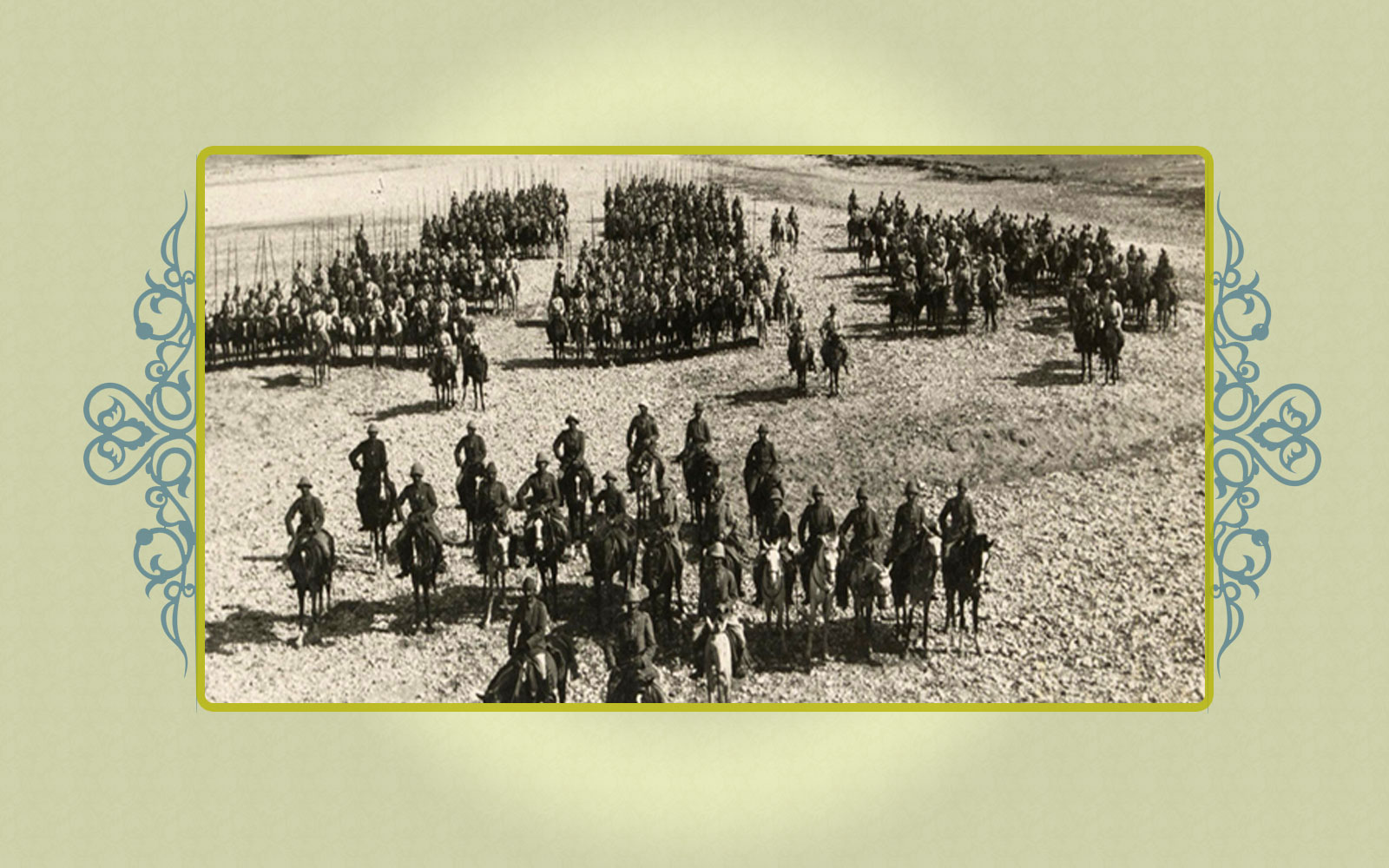There were different narrations about this movement that took place in the holy city of Karbala in 1293 Hijri - 1876 AD, as some sources said that the reason behind that movement was to defend the honor of the people by protecting the wife of one of the citizens from an Ottoman family that was assigned with the collection of taxes in the city, while others said that the reason was the killing of one of the spies working for the Ottoman authorities named "Hussein Qassem Hammadi", in al-Mostawfi cafe.
Between these two narratives, the hero of this movement, was the well-known coffee salesman "Ali Hadla al-Saloumi) who killed the attacker of the woman, or the mentioned spy. And when the local Ottoman government tried to arrest "Hadla" and his companions who were with him during the incident, a vicious battle occurred between the Ottoman forces and the rebels who came out of the orchards known as the "Imam Jaafar al-Sadiq's gardens" located in the area of Hababi, which led to the defeat of the Ottoman army.
The Baghdad's central government was filled with anger for its loss, so it sent a new local governor named "Akef Pasha" with a massive army headed by Marshal "Hussain Fawzi Pasha" toward Karbala to suppress the uprising. And when they arrived to the city, the conditions were stable, so the governor did not see a necessity for confrontation between his army and the rebels, while Marshal "Fawzi Pasha" insisted on using the excessive force against them, which led to consulting the supreme Ottoman Sultanate that ordered to spare the city.
The Ottoman occupation army had returned then to Baghdad, while some of the rebels involved in the movement, including "Ali Hadla" were arrested and sent to prison.
Source:
Karbala's Comprehensive Civilizational Encyclopedia: by The Karbala Center for Studies and Research.

